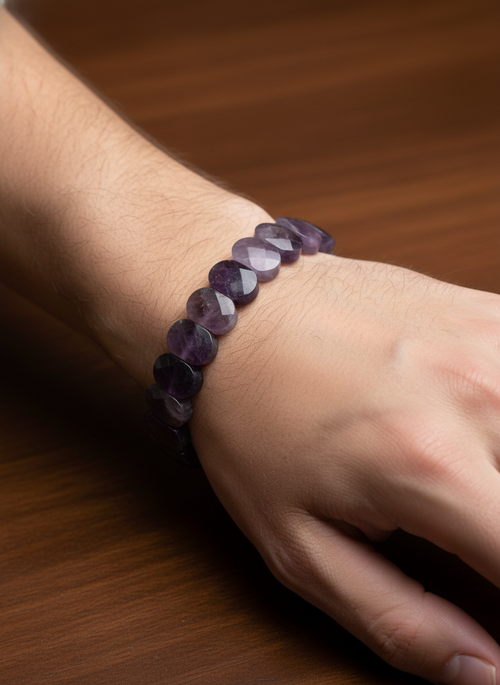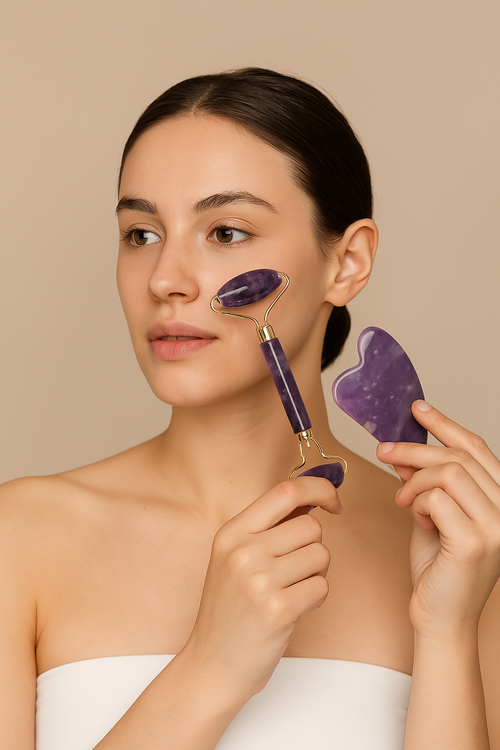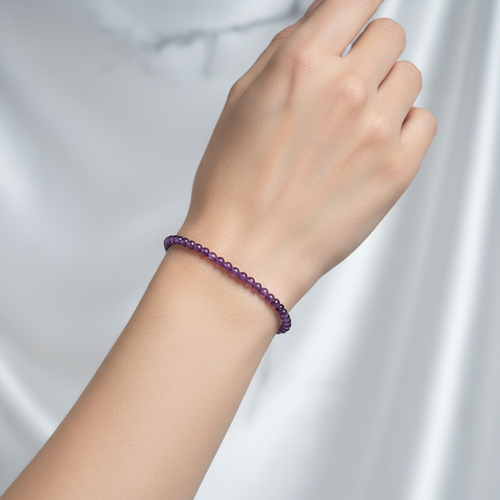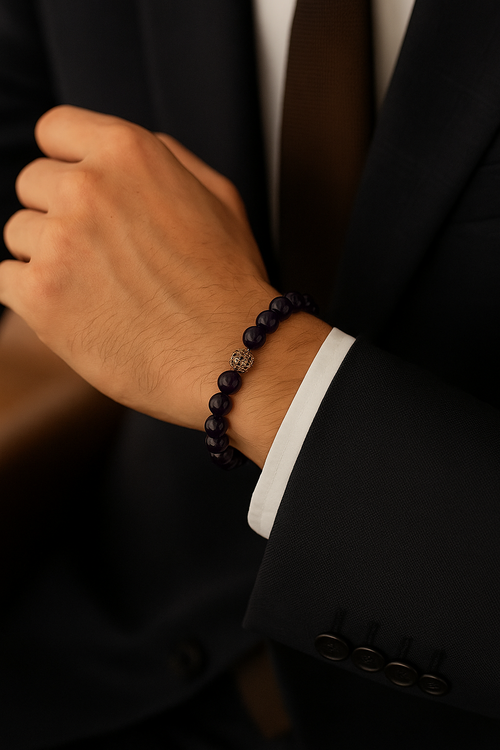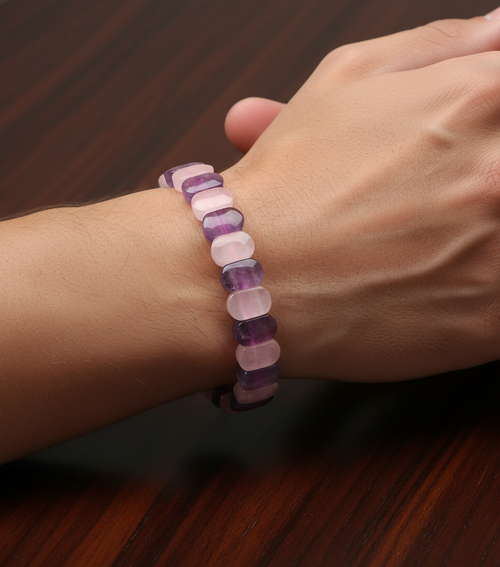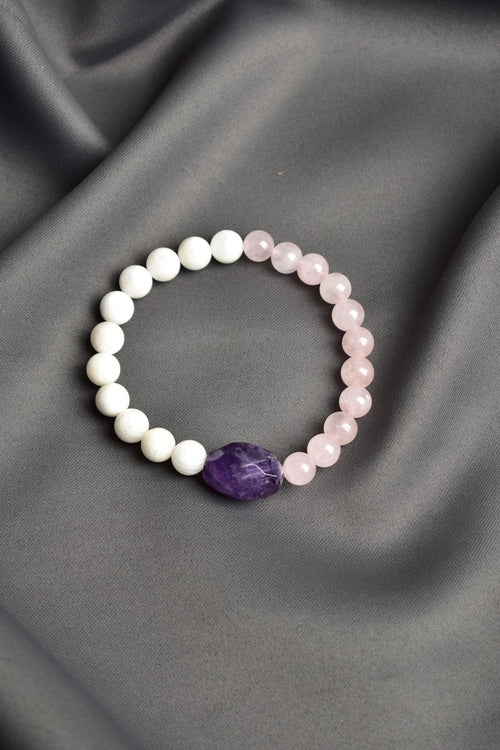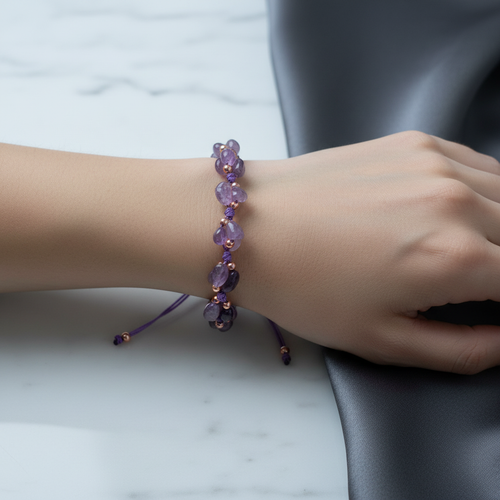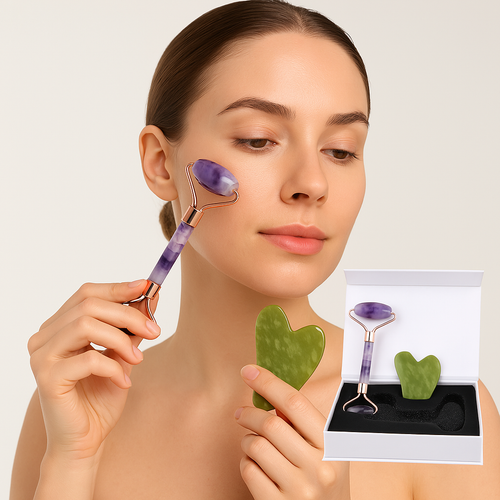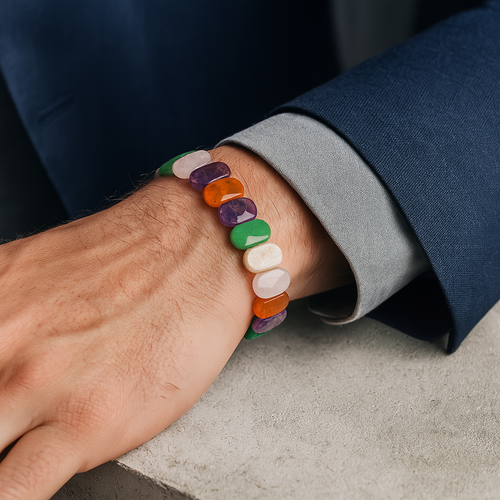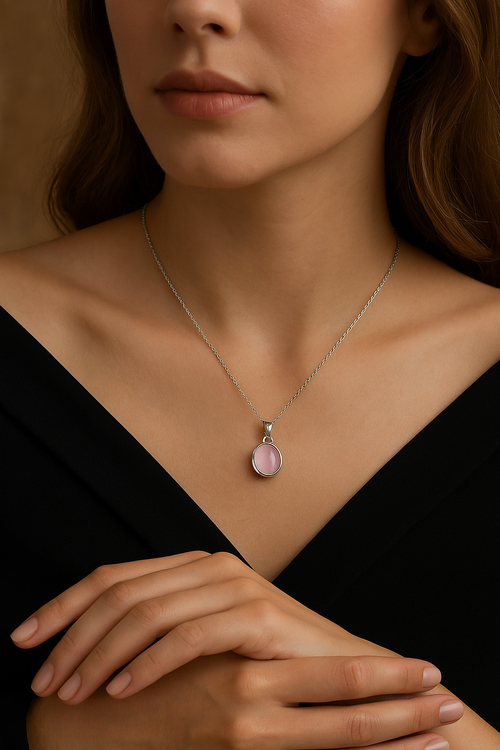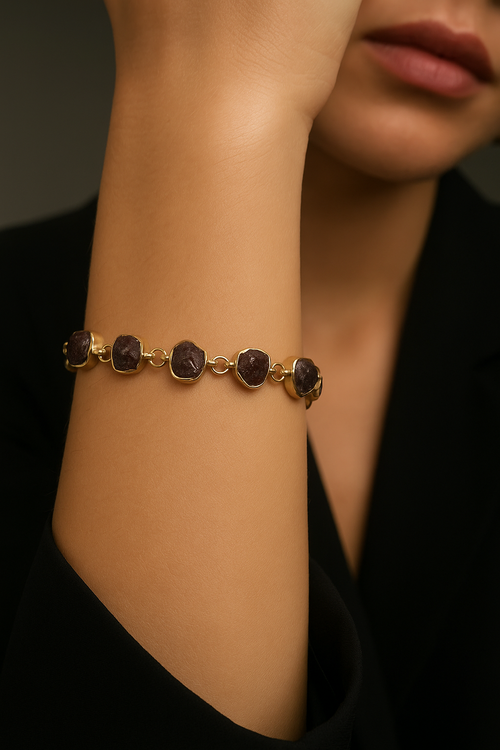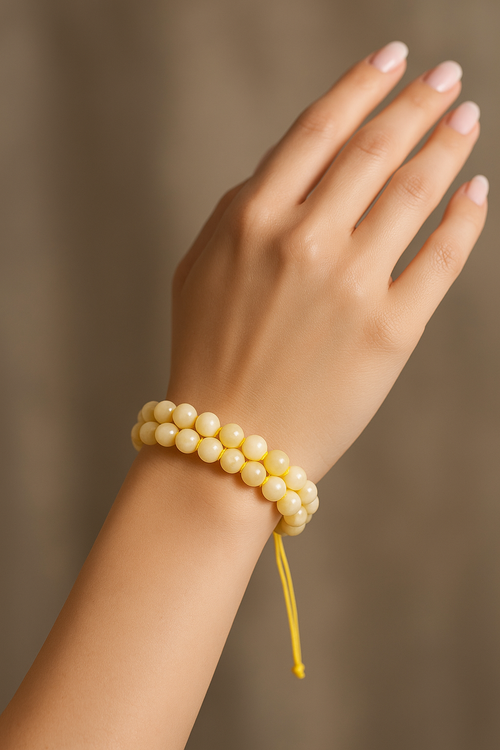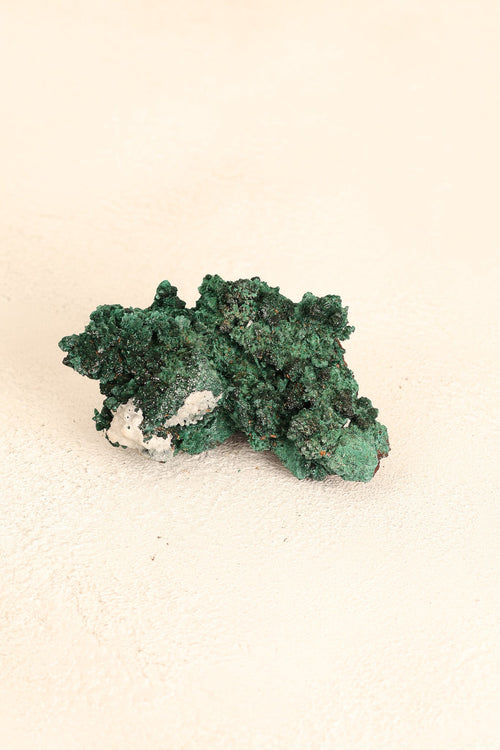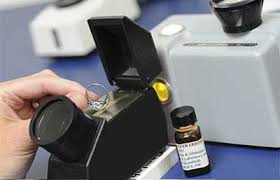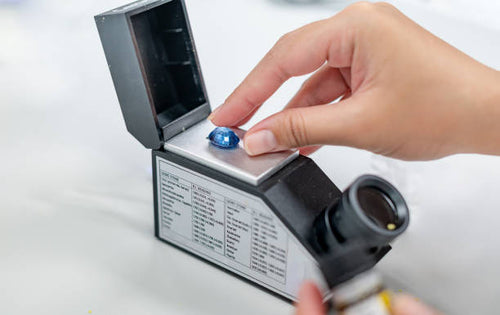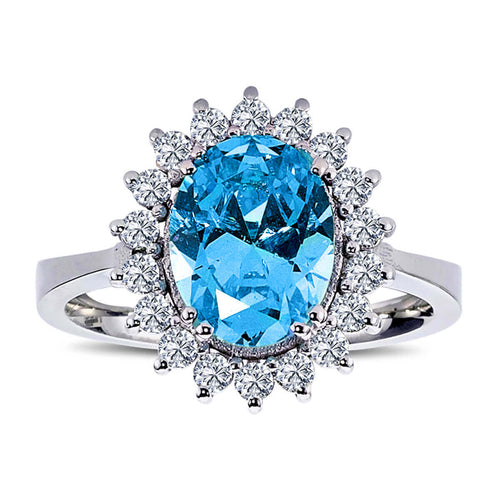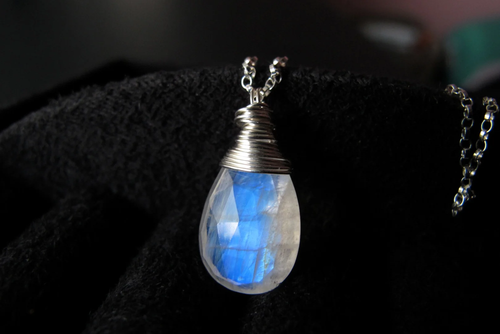ALL PRODUCTS IGSL INTERNATIONAL CERTIFIED
The hardness of natural stones is measured using a measurement system known as the Mohs Hardness Scale . Developed in 1812 by German mineralogist Friedrich Mohs, this scale measures a mineral’s resistance to scratching. The scale is graded from 1 (softest) to 10 (hardest). Here are the hardness ratings of some common natural stones on the Mohs Hardness Scale:
Mohs Hardness Scale and Natural Stones:
-
Talc - 1: The softest mineral and can be easily scratched with a fingernail.
- Example: Talk
-
Gypsum - 2: Can be scratched with a fingernail.
- Example: Selenite
-
Calcite - 3: Can be scratched by a copper coin.
- Example: Calcite, Aragonite
-
Fluorite - 4: Can be scratched with a pocket knife or iron.
- Example: Fluorite, Malachite
-
Apatite - 5: It is difficult to scratch with a pocket knife.
- Example: Apatite, Obsidian
-
Orthoclase Feldspar - 6: Can be scratched with a steel blade.
- Example: Moonstone, Amazonite
-
Quartz - 7: Can scratch glass.
- Example: Amethyst, Jasper, Citrine, Smoky Quartz
-
Topaz - 8: Cannot be scratched by quartz, but can be scratched by corundum.
- Example: Topaz
-
Corundum - 9: Very hard and can only be scratched by diamond.
- Example: Sapphire, Ruby
-
Diamond - 10: It is the hardest mineral and cannot be scratched by any natural stone.
- Example: Diamond
Hardness Levels of Natural Stones:
- Talk : 1
- Selenite (Gypsum) : 2
- Calcite : 3
- Malachite : 3.5 - 4
- Fluorite : 4
- Apatite : 5
- Obsidian : 5 - 5.5
- Amazonite : 6 - 6.5
- Orthoclase (Feldspar) : 6
- Amethyst : 7
- Quartz (Citrine, Smoky Quartz) : 7
- Jasper : 6.5 - 7
- Topaz : 8
- Sapphire : 9
- Ruby : 9
- Diamond : 10
Conclusion:
The hardness levels of natural stones provide important information about the durability and usage area of the stone. The Mohs Hardness Scale is used to determine the scratch resistance of the stone and is taken into consideration when choosing stones for jewelry making, decorative use and industrial applications. Stones with lower hardness are generally more delicate and require special care, while stones with higher hardness are more durable and suitable for daily use.



